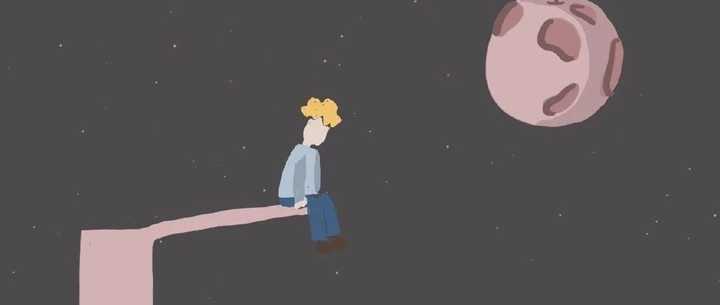What Happens to My Student Loans If I Die? Understanding the Impact on Your Debt
When it comes to student loans, many borrowers often wonder about the implications of their debt in the event of their untimely death. The question, What Ha……
When it comes to student loans, many borrowers often wonder about the implications of their debt in the event of their untimely death. The question, What Happens to My Student Loans If I Die?, is not only crucial for borrowers but also for their families and loved ones who may be left to deal with the aftermath of such a tragedy. In this article, we will explore the different scenarios surrounding student loans and what happens to them if the borrower passes away.
First and foremost, it's important to understand that federal student loans typically come with certain protections. If a borrower with federal student loans dies, the loans can be discharged. This means that the remaining balance is forgiven, and no further payments are required. To initiate this process, the borrower's family or estate must provide proof of death, which usually involves submitting a death certificate to the loan servicer. Once the servicer receives this documentation, they will process the discharge, and the debt will be eliminated.

On the other hand, private student loans operate under different rules. In many cases, if a borrower with private loans dies, the responsibility for the debt may fall to a co-signer if one exists. Co-signers are individuals who agree to take on the responsibility of the loan if the primary borrower cannot make payments. This means that if you have a co-signer, they may be held liable for the remaining balance of the loan after your death. However, some private lenders also offer a death discharge option, similar to federal loans, meaning the debt may be forgiven upon the borrower's death. It's crucial to review the specific terms and conditions of the loan agreement to understand what will happen in such a scenario.
Another aspect to consider is the impact of student loans on the borrower's estate. If the borrower had significant assets at the time of their passing, creditors may attempt to collect on the debt from the estate. However, federal student loans are generally not considered a liability that can be enforced against an estate in the same way that other debts might be. This means that if there are insufficient assets in the estate to cover the loans, the federal student loans may simply be discharged without impacting the estate's beneficiaries.

In addition to understanding the discharge policies, borrowers should also consider the importance of communication with family members regarding their student loans. Many individuals may not be aware of the specifics of their loans, including whether they are federal or private, the presence of co-signers, and the potential for discharge upon death. By having open discussions about financial responsibilities, borrowers can help alleviate any confusion or burden that their loved ones may face in the event of their passing.
In conclusion, the question What Happens to My Student Loans If I Die? is one that warrants careful consideration. Federal student loans typically discharge upon the borrower's death, relieving loved ones of the financial burden. Private loans may vary based on the lender's policies, and co-signers could be held responsible for the debt. Understanding these dynamics can help borrowers make informed decisions about their financial future and ensure that their families are prepared for any eventualities. By being proactive and communicating openly about student loan responsibilities, borrowers can provide peace of mind to their loved ones during difficult times.
